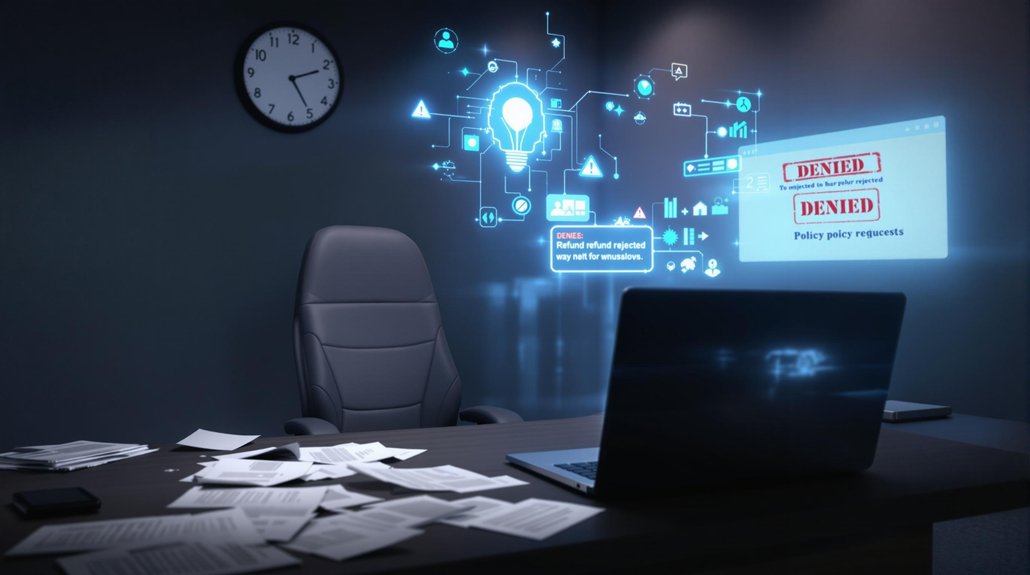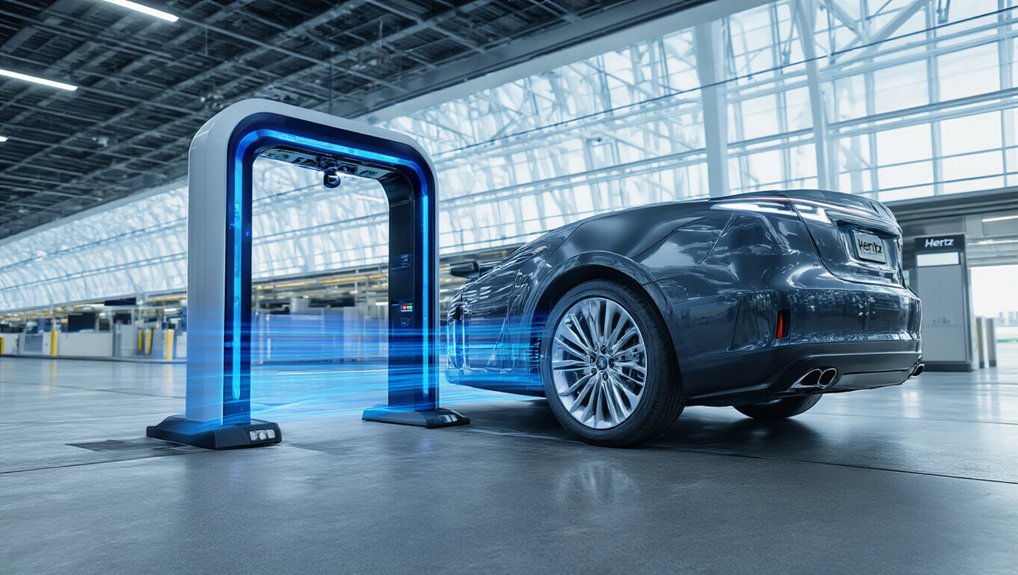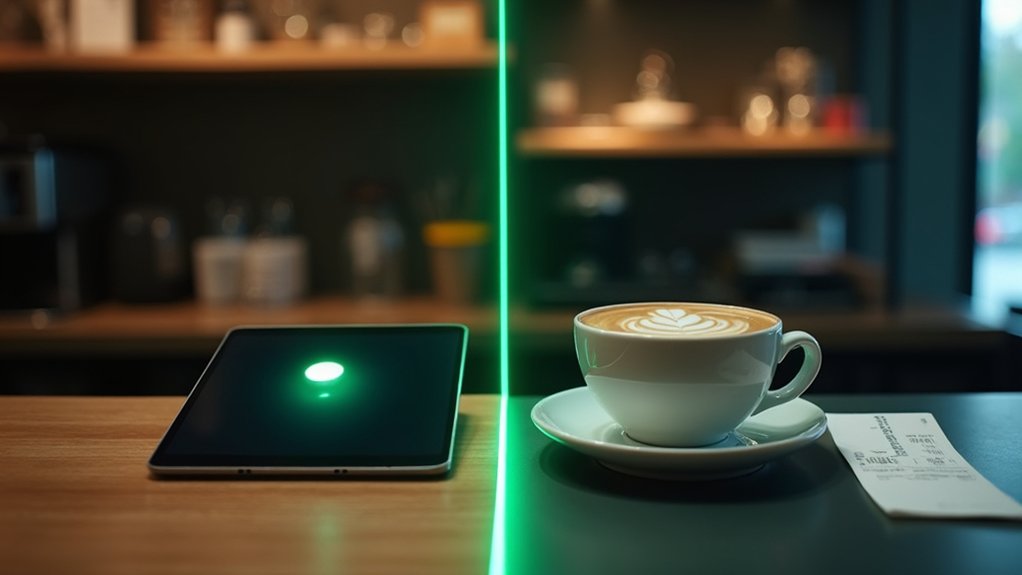Phoenix is about to hand over its non-emergency 911 line to artificial intelligence by the end of 2025. The city’s getting a digital dispatcher, courtesy of something called the ProPhoenix “Phoenix Bot.” Apparently, humans can’t keep up anymore. The AI will handle roughly 500,000 non-emergency calls per year, because that’s what passes for progress these days.
Phoenix replaces human dispatchers with AI for 500,000 non-emergency calls yearly because apparently that’s progress now.
The whole thing is part of Phoenix Police reforms and Arizona’s statewide Next Generation 911 upgrades. They’re calling it modernization. Really, it’s about chronic understaffing and too many calls. The non-emergency lines are swamped, and actual emergencies get stuck waiting. So now a machine will triage your fender-bender report while humans deal with the real stuff. Makes sense, sort of.
Phoenix Bot won’t just answer phones. It’ll capture information, categorize calls, and route them wherever they need to go. The system uses natural language processing to analyze what callers are saying and determine the urgency level. Got a minor incident to report? The AI will take your statement. Need to file an accident report? Same deal. The system can even decide if you should just fill out an online form instead of talking to anyone at all. Efficiency, they call it.
The technology runs on cloud-based infrastructure, part of that NG911 system Arizona’s been building. VoIP, location enhancements, the works. Though most of those fancy features are for actual emergencies, not your stolen bike report. The AI platform promises 24/7 availability, which is more than human dispatchers can offer right now. No lunch breaks for robots. The system also provides accurate transcription, translation, and summarization capabilities for every call it handles.
City officials frame this as getting callers to the right resource faster. Fewer transfers, less waiting, better data quality. They’re probably right. Machines don’t get tired or frustrated when someone calls about their neighbor’s loud music for the tenth time. The AI captures structured data, creates reports, and moves on to the next call. These virtual assistants are part of a growing trend, with AI-powered chatbots projected to save billions in healthcare and public services globally.
Don’t worry though, actual 911 emergencies stay with humans. For now. The AI only handles non-emergency workflows, those calls that bog down the system but aren’t life-or-death. Phoenix says it’s about improving public safety responsiveness. Translation: they can’t hire enough dispatchers, so here comes the bot army.
References
- https://doa.az.gov/news/where-your-emergency-improvements-arizona-911-system-lauded
- https://swashenterprises.com/ai-helps-phoenix-police-filter-non-emergency-calls/
- https://www.yourvalley.net/phoenix-independent/stories/updates-phoenix-police-reforms-include-using-ai-for-some-non-emergency-911-calls
- https://prophoenix.com/phoenix-bot/
- https://www.kjzz.org/science/2025-08-11/phoenix-will-start-using-ai-to-help-manage-500-000-non-emergency-calls-a-year








